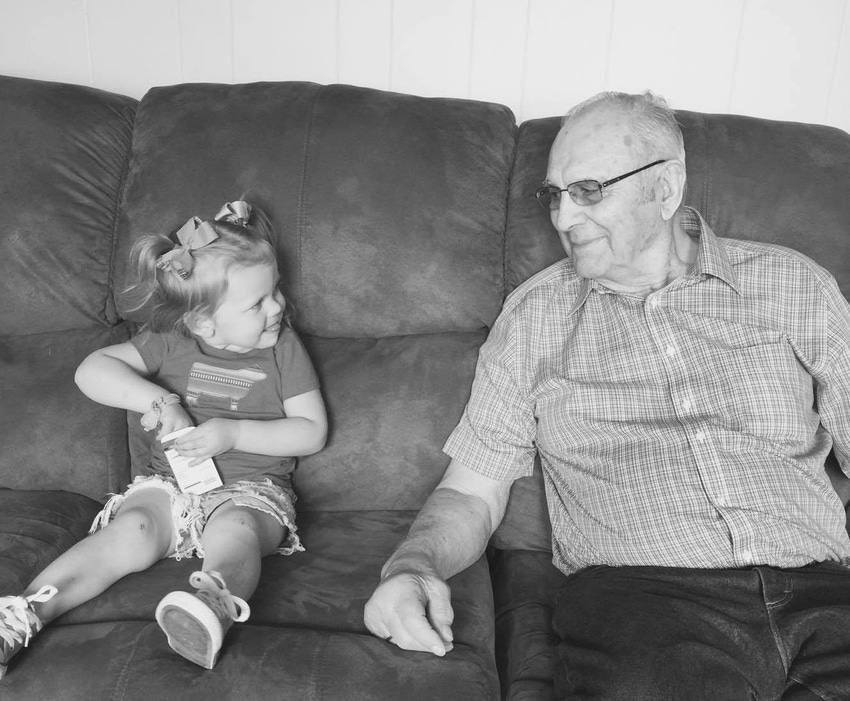What will your family legacy be?
Do these three things to strengthen the family legacy and clearly define what the family ranch will accomplish in this generation.
June 12, 2017

As a fifth generation rancher, hearing the stories of the previous generations who have come before me is truly fascinating. Although my great-grandparents are deceased, my aging grandparents can offer a wealth of information and advice on how they got started, what they did to become successful in this business and ways that they built their legacy, both in growing a family and in building a ranching enterprise.
In recent years, my grandpa has been diagnosed with Alzheimer's, and with every passing month, it’s becoming painfully obvious that more of his memories and his recognition of his family members are slipping away.
So now more than ever when Grandpa details life on the ranch in his early years, I stop and pay attention. Although he may not remember my name, he can keenly recall how much he paid per acre on his land, and he can still detail what it was like to come home from the war and get started in farming.
When we think of a legacy, we often think first of the land acquired or wealth accumulated over the course of a lifetime, but in a family ranching business, it’s so much more than that.
Steven K. Moyer writes for SKM Associates about how legacies are formed and what families can do today to influence the strength of a long-lasting family legacy.
Moyer says, “A true family legacy is more than just the legal documents distributing your assets when you die. In order to nurture the legacy, you must understand what your family legacy is. A true family legacy encompasses the values and passions that fuel your family. It is perpetuated through family stories, your family’s belief about wealth, and how you live out your family values on a daily basis. A legacy is formed by the sequences of actions that resemble one another and are lived out in each generation. It is the repeated behaviors and actions that shape your family legacy.
“Like it or not – everything you do and say contributes to or influences your legacy. Building a legacy is not a one-time event. Rather, it is a lifelong process that is influenced by, and also influences, family. Each family is special and unique. Each generation needs to adopt and add to the family legacy and definition of family wealth. The wealth of a family consists of more than simply the financial capital. Your family has special family intellectual wealth, family social wealth, family spiritual wealth and a special uniqueness of the family.”
Moyer suggests that family ranching businesses do these three things to begin defining the family legacy.
1. Write a mission statement
“As a family, write a family mission statement, complete with your family values and beliefs, and discuss what it means to see those values in action.”
2. Write stories down
“Record family stories through conversations with parents, grandparents and other relatives either through audio, video or written word,” suggests Moyer. “You may decide to record the younger generation interviewing their senior family members.”
3. Define what wealth means to your family legacy
Moyer says, “Engaging in a legacy dialogue should not create opposition in the family. Rather, it should be an opportunity to experience the free flow of thoughts between family members to build a congruence of thoughts that will unite the family and strengthen the business. Articulating legacy goals will influence a business family’s worldviews; competitiveness; beliefs about wealth and philanthropy; and how major decisions are made.”
The legacy you leave is the life you lead, says Moyer, and it’s important for families to have a concrete vision for the legacy they are creating right now.
The opinions of Amanda Radke are not necessarily those of beefmagazine.com or Penton Agriculture.
About the Author(s)
You May Also Like




.png?width=300&auto=webp&quality=80&disable=upscale)
